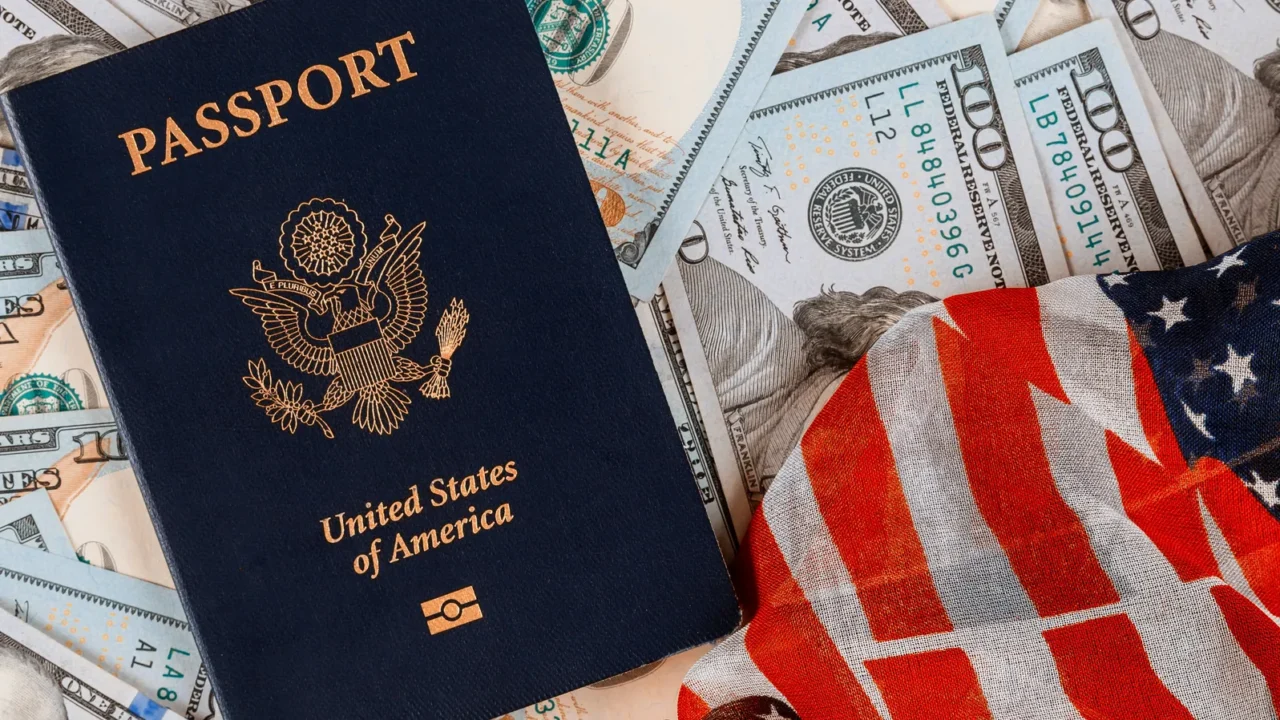
A big change to H-1B visas
The H-1B visa has long been a bridge for skilled workers hoping to build careers in the United States. For many, it’s been the first step toward creating companies, jobs, and even industries that fuel the economy.
In September 2025, President Trump issued a proclamation requiring a one‑time $100,000 payment to accompany new H‑1B visa petitions filed after September 21, 2025. This change has raised serious concerns among companies and workers, leaving many to question how America’s workforce and global reputation could shift in the years ahead.
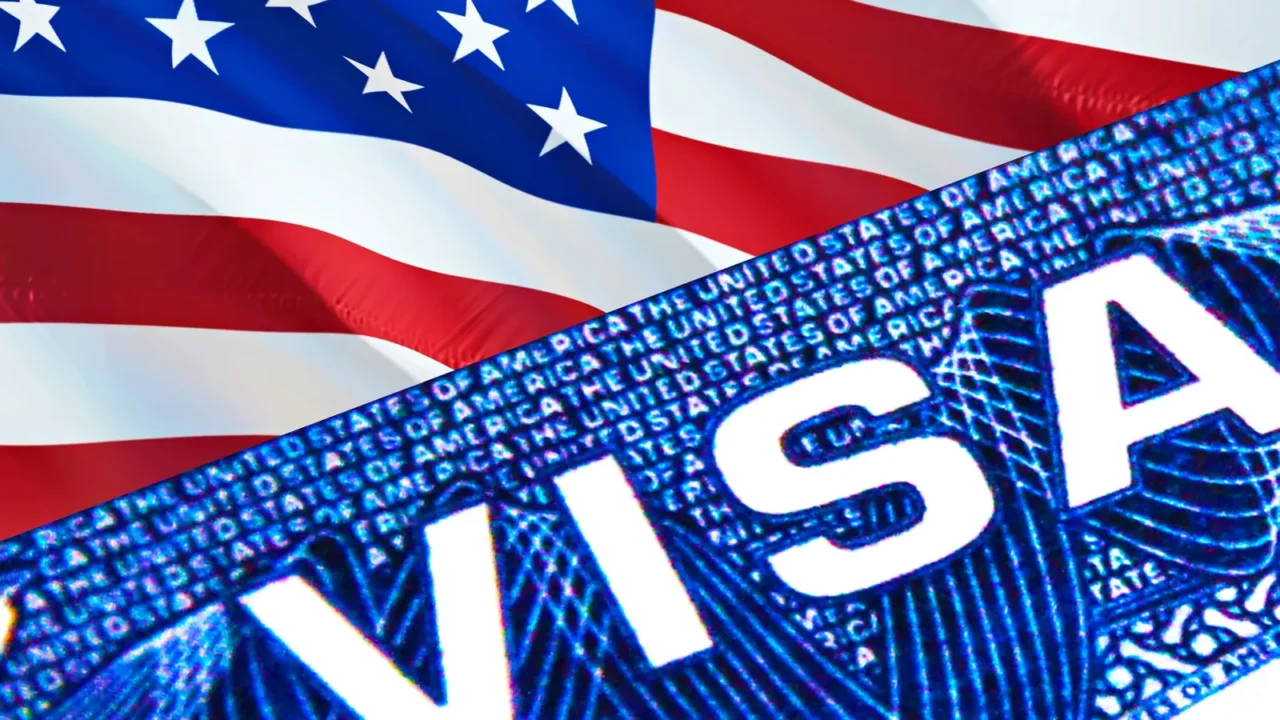
Why H-1B visas matter
The H-1B visa program lets U.S. companies hire foreign professionals in industries where local talent is limited. Tech, healthcare, and engineering are just a few areas that rely heavily on this system.
For workers, it’s represents opportunity, financial security, and a chance to contribute to groundbreaking projects. For employers, it means filling crucial roles that help American companies stay competitive and innovative on the world stage.

The new $100K fee
The new $100,000 application fee is not just a small increase; it’s a massive barrier compared to the past costs. This fee applies to new applications, sparking panic across industries that depend on global talent.
Companies now face tough decisions: pay steep costs to secure talent or risk falling behind. Many worry that smaller firms, in particular, won’t be able to afford the expense, cutting off opportunities for both businesses and skilled workers.
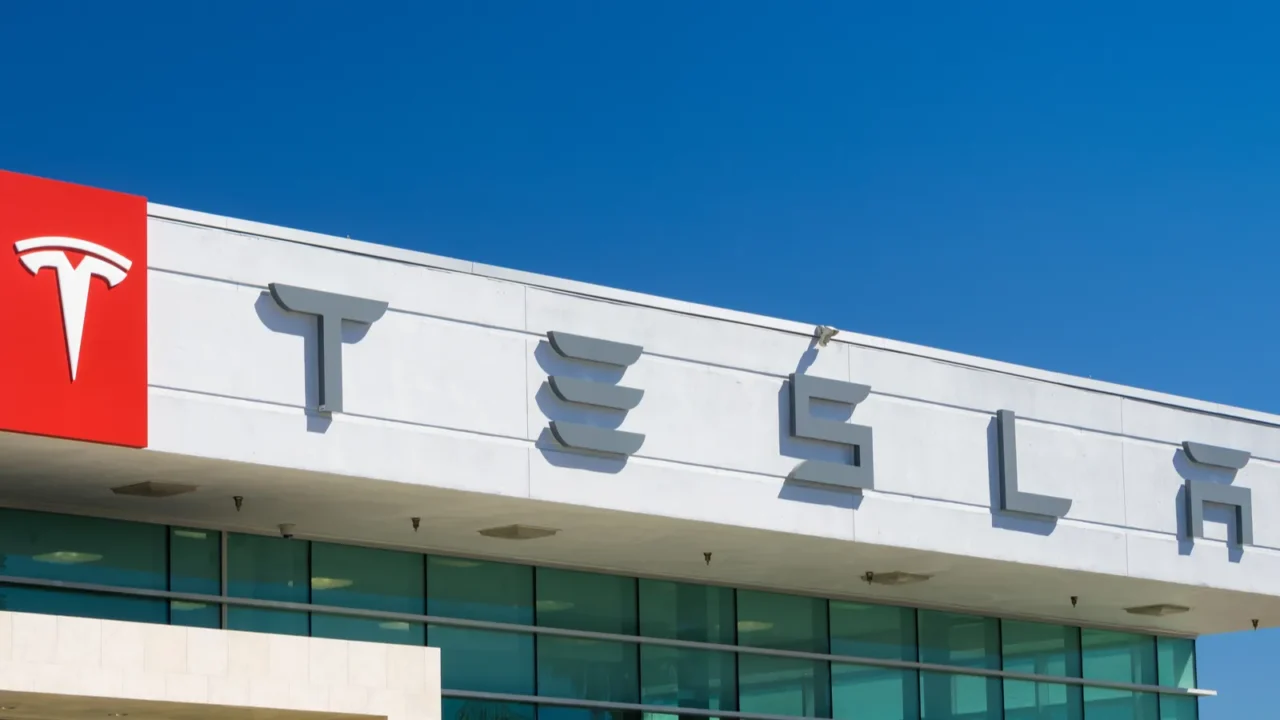
Tech giants feel the pressure
Some of America’s biggest tech companies rely heavily on H-1B visas to bring in software engineers, data scientists, and product managers. These roles are essential for keeping innovation moving at a fast pace.
While large companies like Microsoft, Tesla, and Google may afford the new fees, startups and midsized businesses could struggle. This divide raises questions about whether innovation will remain diverse or concentrate in the hands of only a few giants.
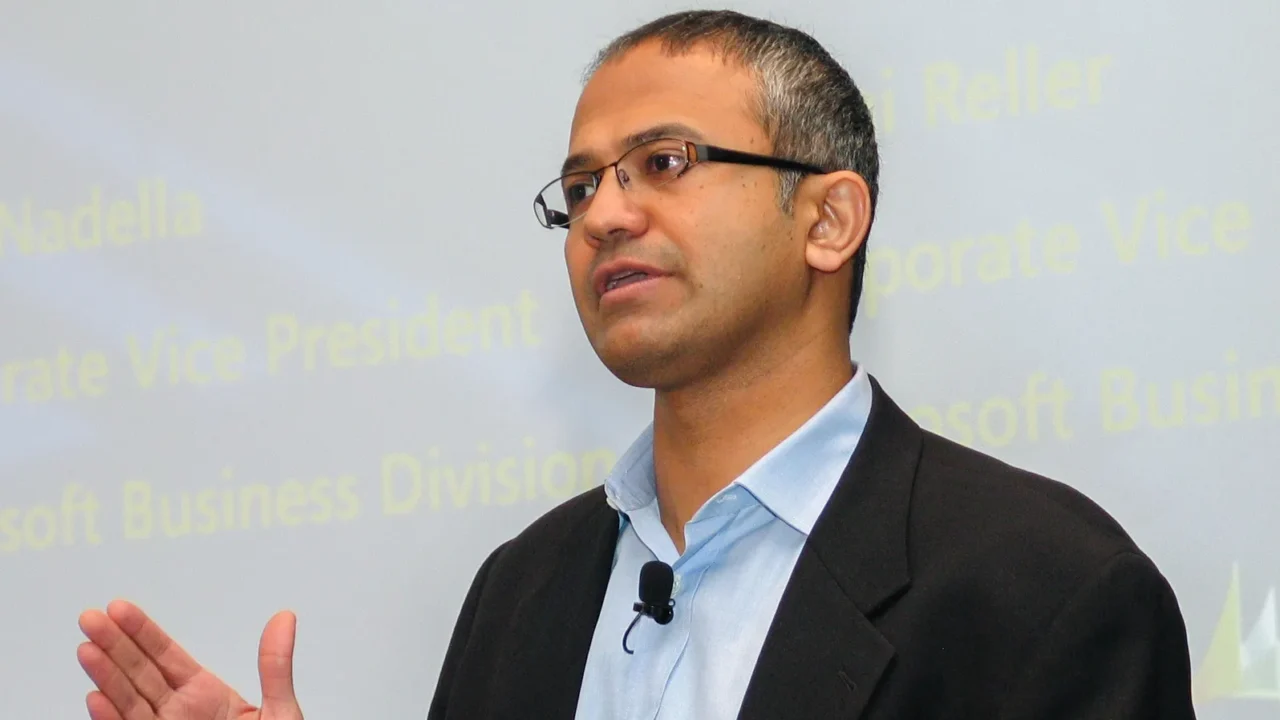
Satya Nadella’s H-1B story
Microsoft CEO Satya Nadella once faced his own immigration challenge. He surrendered his green card and shifted to H‑1B status so that his wife could join him in the U.S. when her visa was denied.
His personal experience highlights just how deeply immigration rules affect families. Nadella has since emphasized that smarter policies are needed so companies like Microsoft can attract top talent while also staying competitive globally.
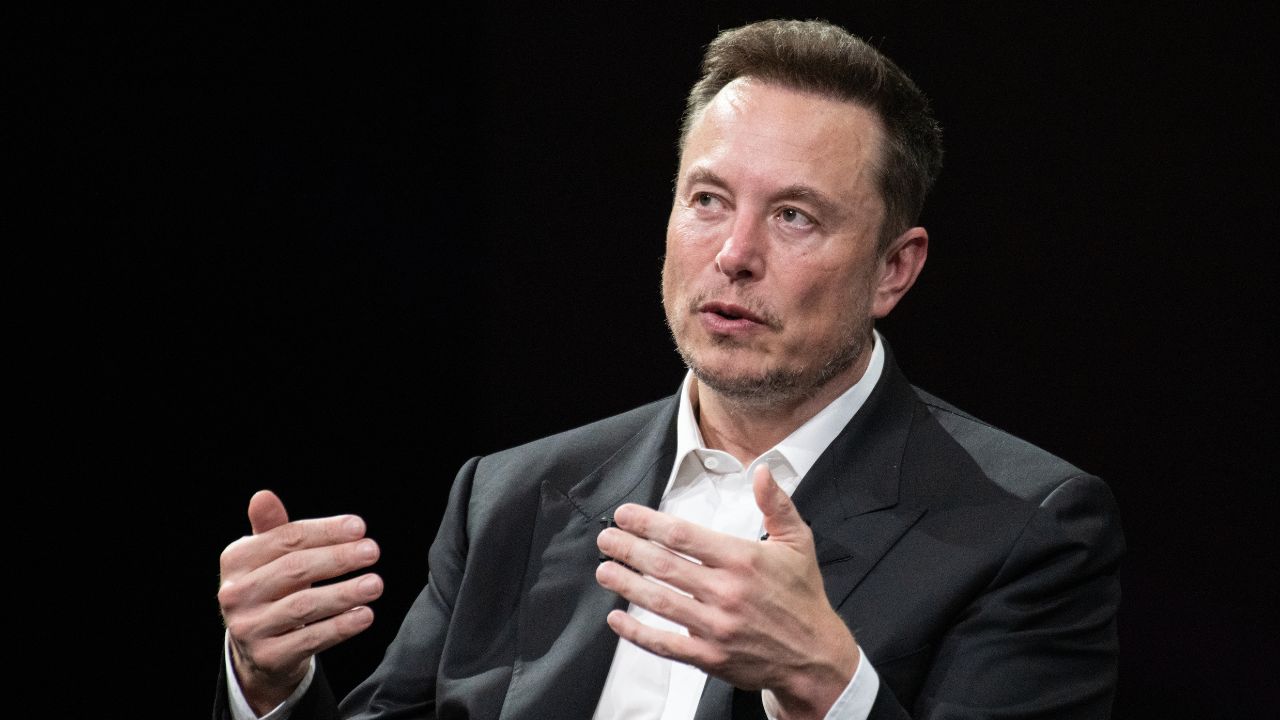
Elon Musk’s path to success
Elon Musk first came to the U.S. on a student visa and later transitioned to an H-1B. Without that opportunity, he might never have built Tesla, SpaceX, or the many other ventures tied to his name.
Musk has spoken openly about the importance of H-1B visas, calling them critical to America’s growth. He argues that many of the people who helped shape his companies also started their journeys on H-1B visas.
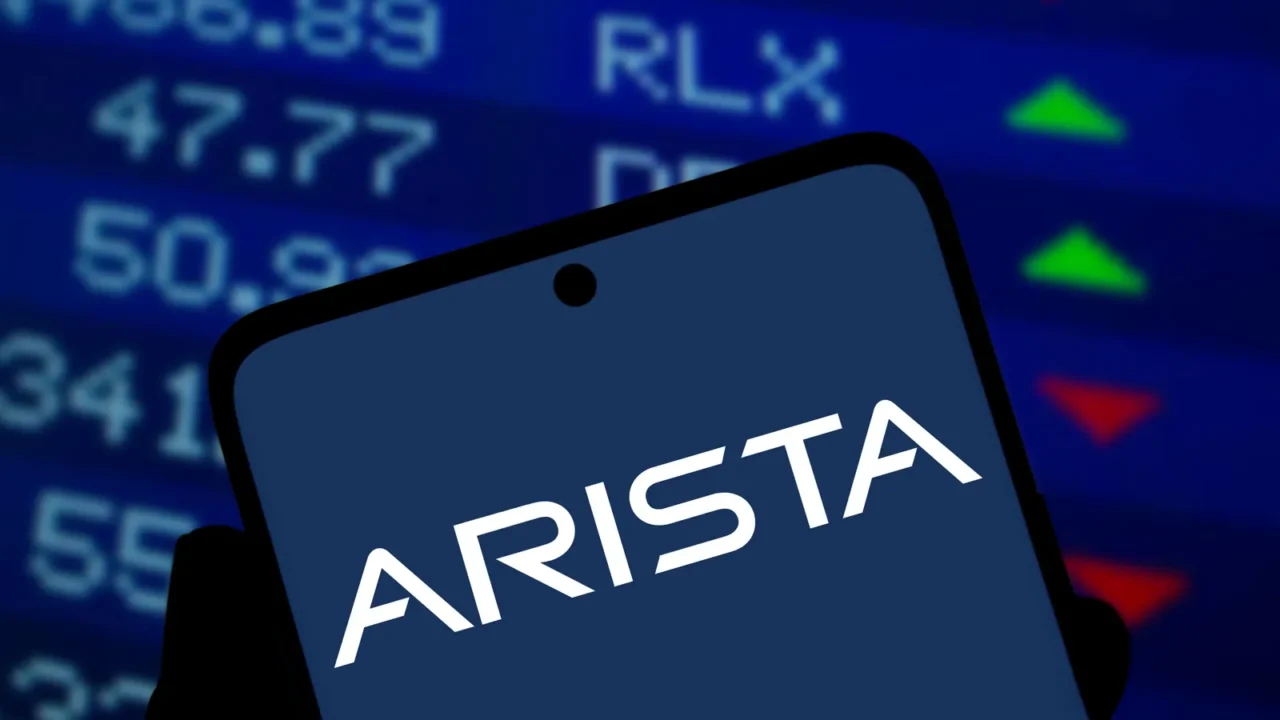
Jayshree Ullal’s challenge
Jayshree Ullal, CEO of Arista Networks, also used an H-1B visa earlier in her career. She later became one of the few women leading a multibillion-dollar tech company, making her story especially powerful.
She has pointed out how slow and difficult the immigration process can be, with some professionals waiting more than a decade for permanent residency. Her call for reform highlights how delays cost not only workers but also the industries that need their expertise.
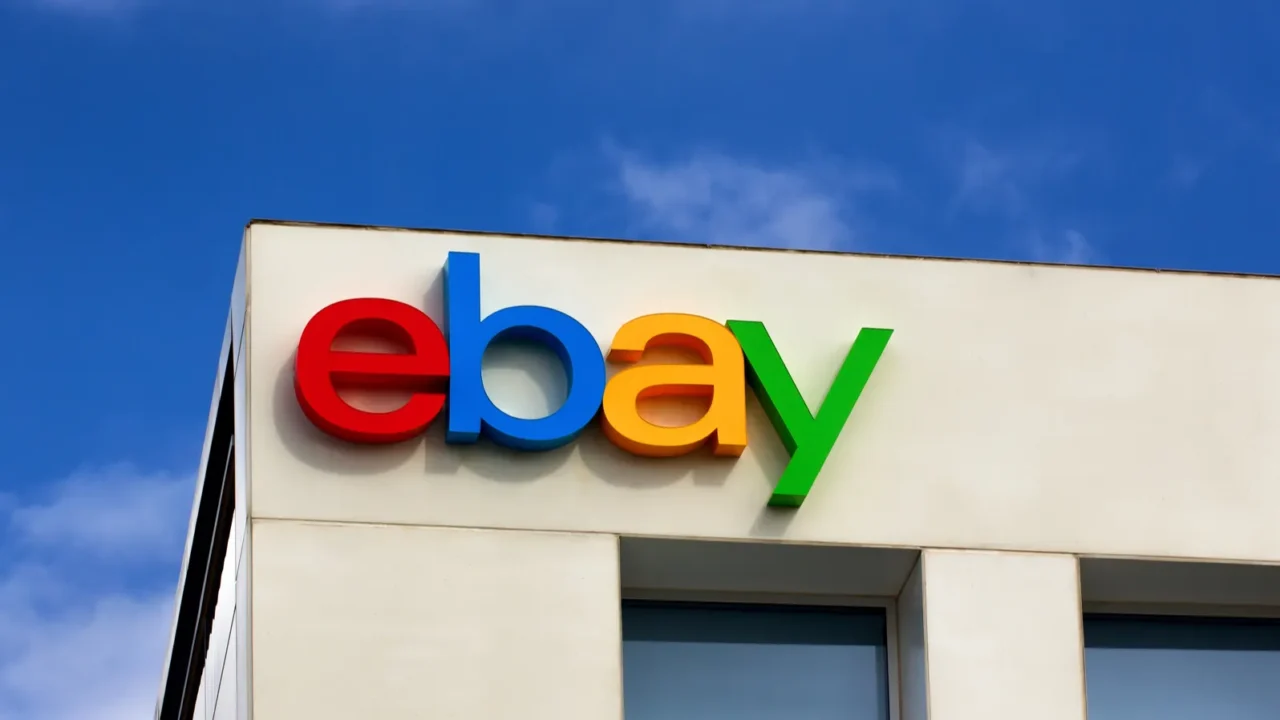
Jeffrey Skoll’s struggle
Jeffrey Skoll, eBay’s first president, described his fight to get and keep an H-1B visa as exhausting. Even with top qualifications, he faced major hurdles that made his early career path uncertain.
Despite those struggles, Skoll went on to help build one of the biggest online marketplaces in the world. His story shows that even future industry leaders are not immune to the challenges of America’s immigration system.
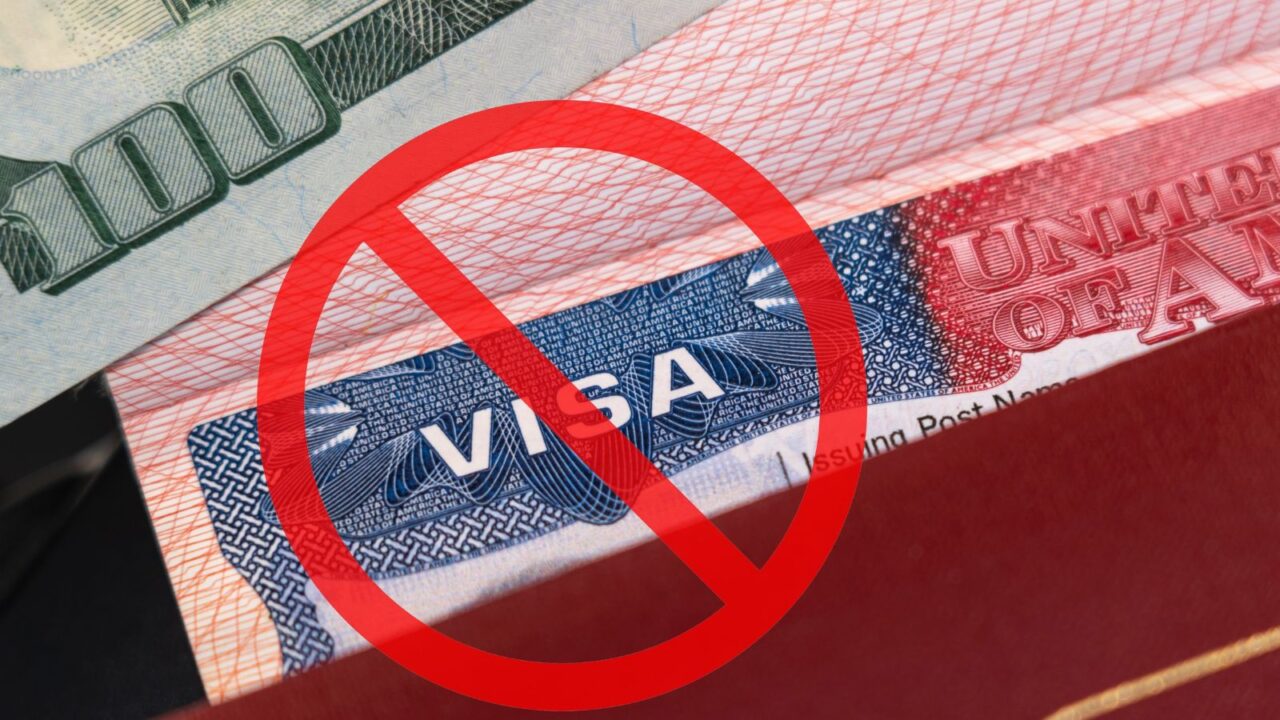
Industry’s main concerns
The biggest concern around the new $100,000 fee is how it may block access to talent. Many industries, especially tech, rely on H-1B workers to fill jobs that require very specific skills.
Without access to this talent pool, U.S. companies risk losing ground to global competitors. It’s not just about filling jobs today—it’s about building the workforce that will fuel innovation tomorrow.

Impact on small businesses
While big corporations may find ways to manage the higher fees, smaller companies are at a disadvantage. These businesses often drive innovation but operate with limited budgets.
If they can’t afford to hire skilled foreign workers, their growth may stall. This could also limit opportunities for communities that rely on these businesses for local jobs and economic activity.

Ripple effect on students
International students often see the H-1B visa as a pathway to long-term careers in the U.S. Many spend years studying in American universities with the hope of staying after graduation.
With higher fees and more uncertainty, fewer students may choose the U.S. for education. This could hurt universities financially and reduce the cultural and academic diversity that strengthens campuses nationwide.
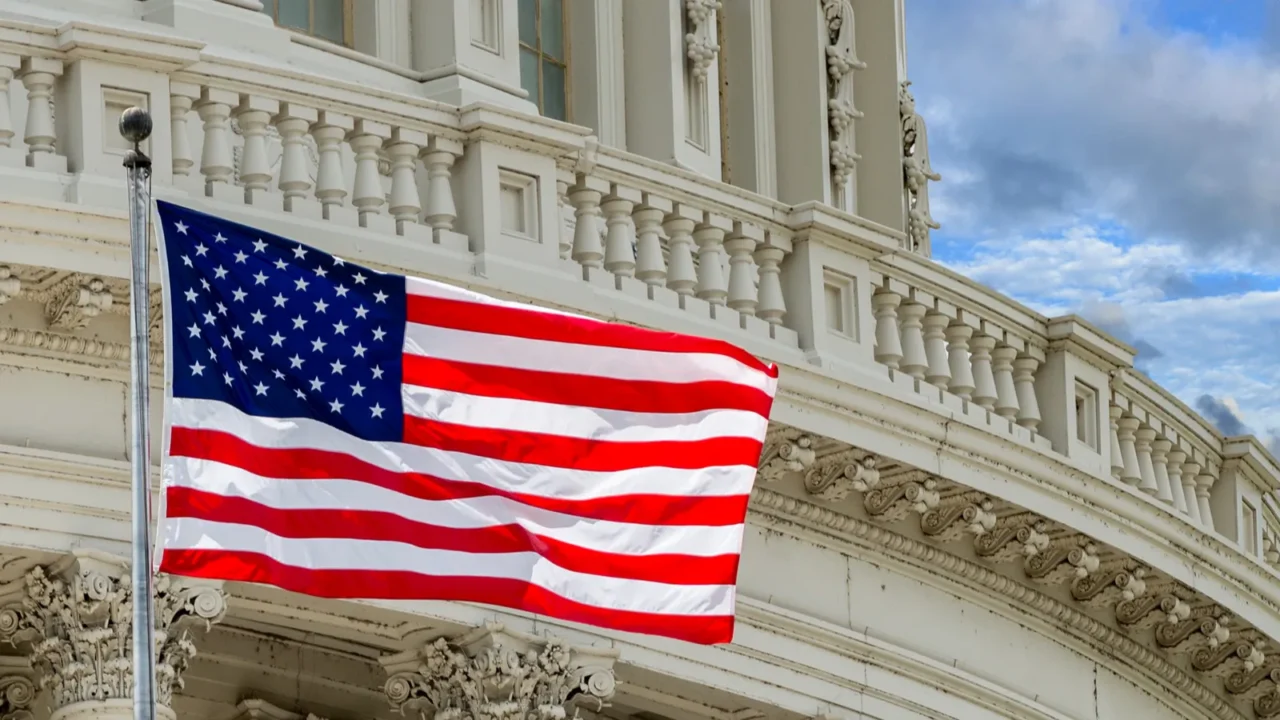
A threat to competitiveness
America’s global reputation as a hub of innovation is tied closely to its ability to attract top talent. Policies that make it harder to bring in skilled workers may push people elsewhere.
Countries like Canada and Australia are already expanding programs to attract international workers. If the U.S. becomes too costly or difficult, those countries could become the new top destinations.

Families in limbo
For many workers, the H-1B visa is not just about their own career but also about keeping their families together. Delays and costs in the system often mean long separations.
The new fee could make these challenges worse, leaving families with painful choices. They may have to decide between financial stability and staying connected to loved ones.
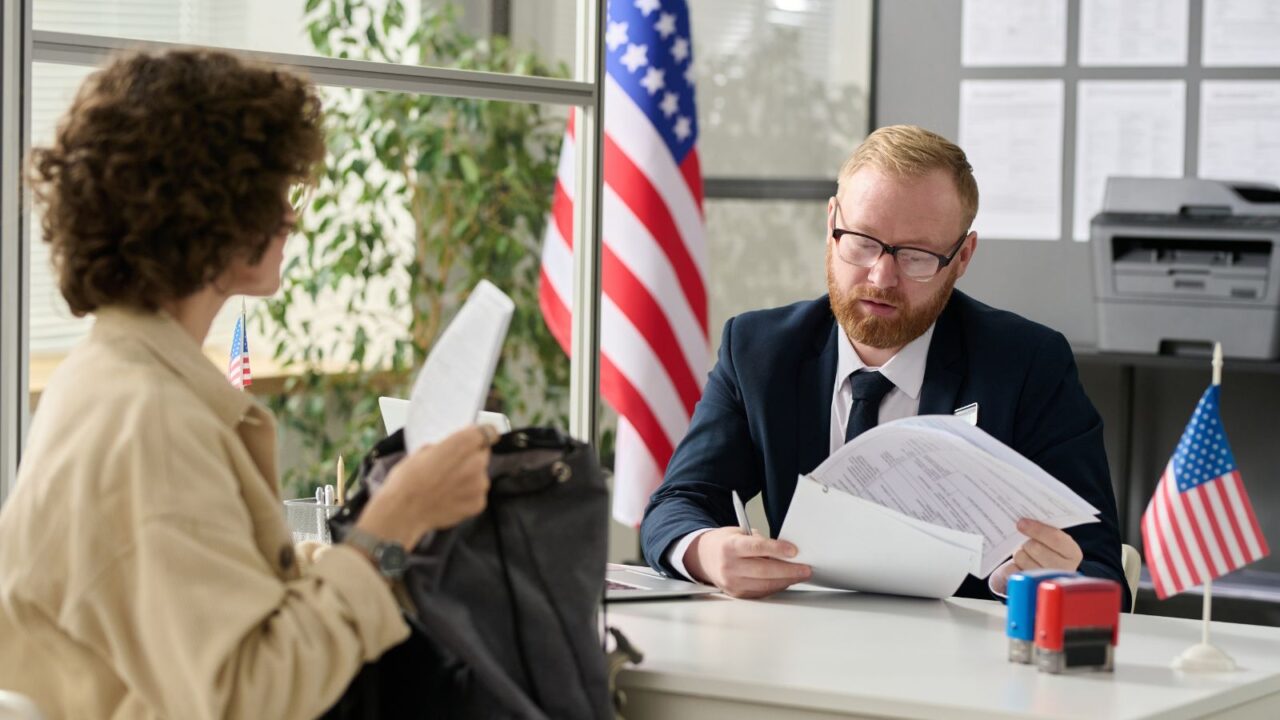
What experts predict
Enrollment and immigration experts warn that the worst may not be over. They project more declines in applications and arrivals by late 2025 if these policies remain in place.
Universities, businesses, and even city economies are bracing for fewer workers and students. This uncertainty makes planning difficult and leaves many communities unsure about their future stability.

Tourism takes a hit
The visa changes don’t just affect workers; they also influence tourism and travel. Negative perceptions about U.S. immigration policies can discourage people from visiting for vacations, conferences, or studies.
This ripple effect hurts airlines, hotels, and local businesses. Tourism is a major part of America’s economy, and policies like these risk cutting into an important source of growth.
The harm is self-inflicted, and the Trump government needs serious reform to keep the U.S. competitive on the global stage.
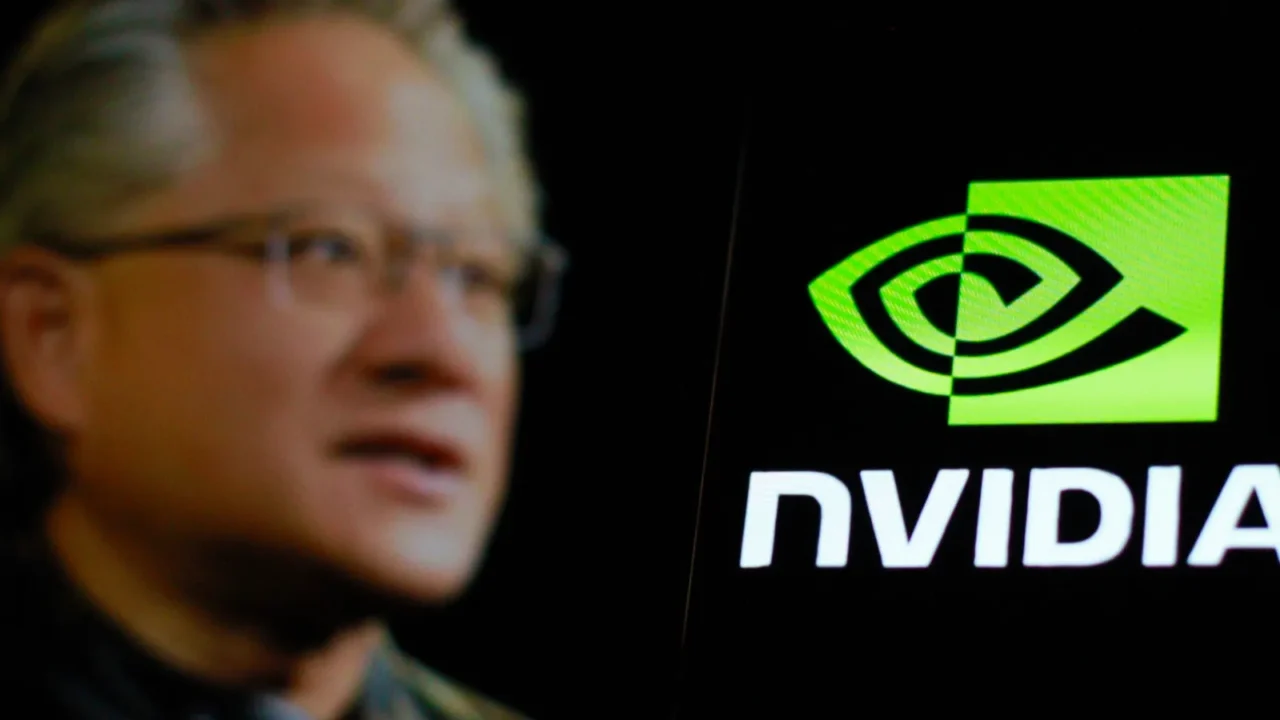
Supporters of reform
Leaders like Nadella, Musk, Ullal, and Skoll have all called for smarter immigration reforms. They argue the system should be efficient, fair, and designed to help America stay strong.
Even if they haven’t directly spoken about the $100,000 fee, their past statements show strong support for keeping the H-1B program accessible. Their voices underline how important this issue is for U.S. growth. Experts say Trump’s policies are driving a drop in overall tourism and a drop in global talent, raising questions about America’s future role as a leader in innovation and opportunity.
What’s your take? Will higher H-1B fees strengthen America’s workforce or risk driving away the talent that built so many of today’s biggest companies? Share your thoughts.
Read More From This Brand:
- The U.S. border Canadians say to avoid on trips to see a loved one
- Planning a New England foliage trip? This Vermont town stands out as truly unique
- Add these 10 epic European monuments to your bucket list
Don’t forget to follow us for more exclusive content right here on MSN.
This slideshow was made with AI assistance and human editing.